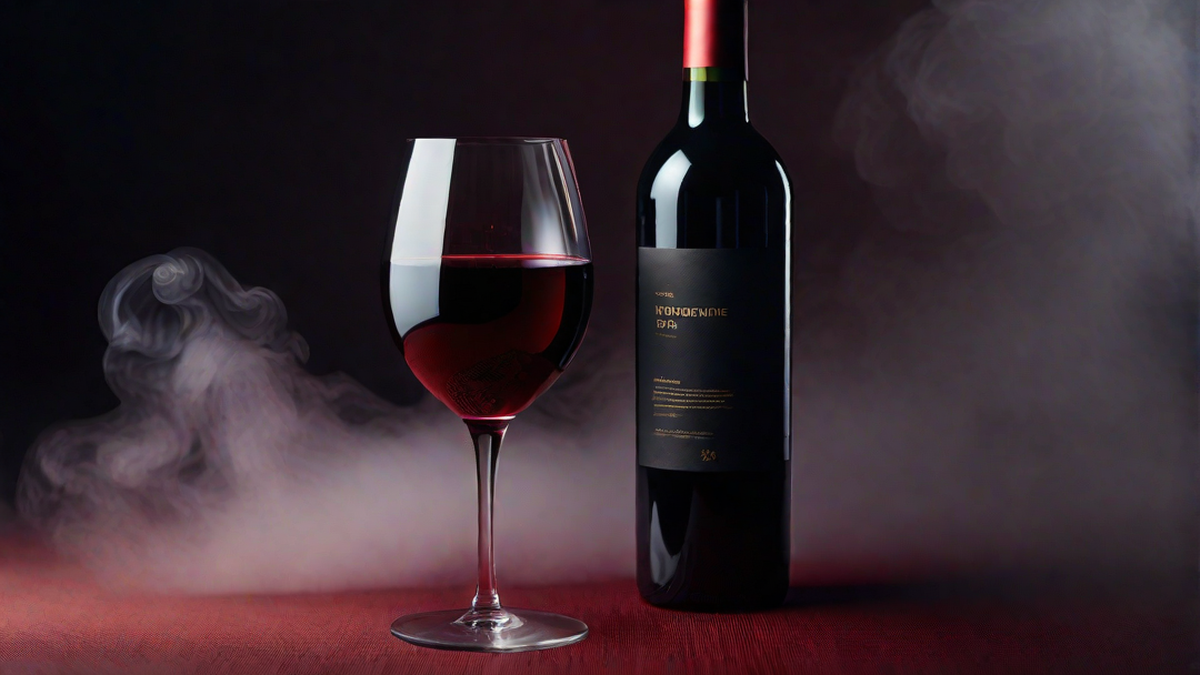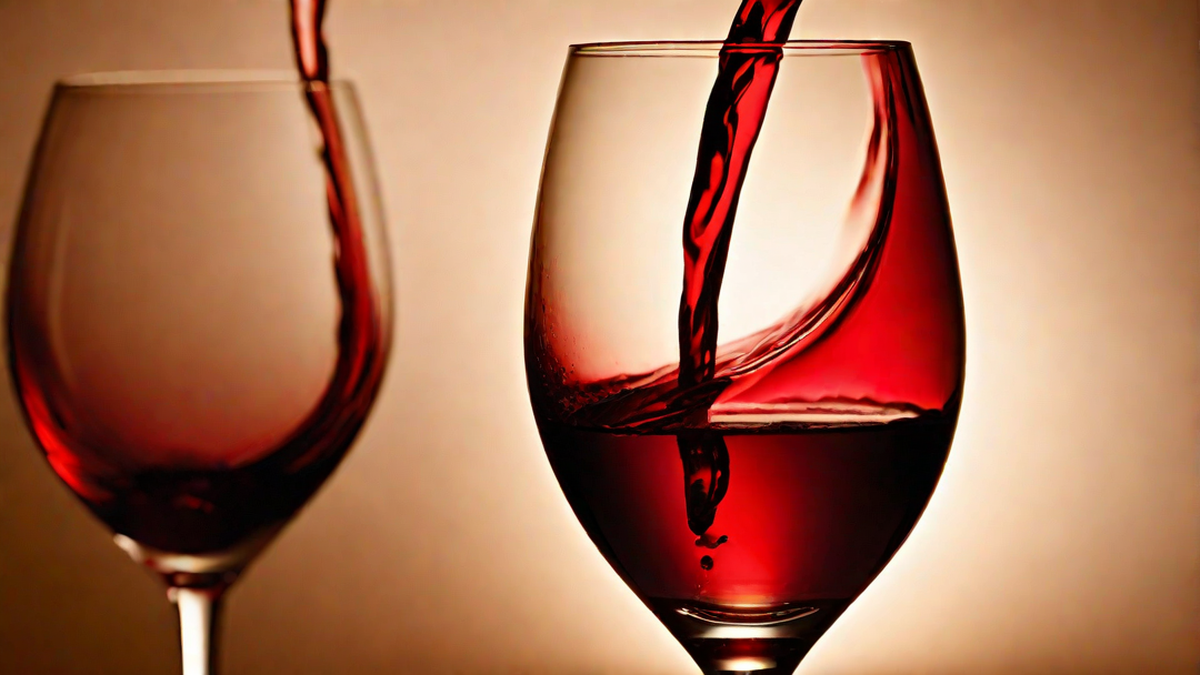Can wine cause acid reflux? As someone who enjoys wine from time to time, I’ve often found myself wondering about this. Known medically as gastroesophageal reflux disease (GERD), acid reflux occurs when stomach acid moves back up into the esophagus, causing discomfort and sometimes pain. It’s a common problem that affects numerous people and can be triggered by various factors, including certain types of food and drinks.
When it comes to wine, there are a few factors that can potentially contribute to acid reflux. Firstly, the acidity of wine can vary depending on the type and the production methods. Wines with higher acidity levels, such as white wines and sparkling wines, may be more likely to trigger acid reflux symptoms in some individuals. Additionally, the alcohol content in wine can relax the lower esophageal sphincter (LES), which is the muscle that controls the flow of stomach acid into the esophagus. When the LES relaxes, acid reflux can occur.
However, it’s important to note that not everyone experiences acid reflux after consuming wine. In fact, many wine enthusiasts enjoy their favorite wines without any issues. It really comes down to individual tolerance and sensitivity. Some people may be more prone to acid reflux and may need to be more cautious with their wine consumption, while others may be able to indulge without any problems.
There are also some steps you can take to minimize the risk of acid reflux when enjoying wine. Firstly, it’s a good idea to opt for wines with lower acidity levels. Red wines, for example, tend to have lower acidity compared to white wines. Additionally, drinking wine in moderation can help reduce the chances of acid reflux. It’s also beneficial to avoid drinking wine on an empty stomach, as this can exacerbate acid reflux symptoms. Pairing wine with food can help prevent excessive stomach acid production and provide a buffer between the wine and the esophagus.
It’s worth mentioning that there are other lifestyle factors that can contribute to acid reflux. Overeating, eating spicy or fatty foods, and smoking are all known triggers for acid reflux. Managing these factors along with being mindful of your wine consumption can help reduce the likelihood of experiencing acid reflux.
In conclusion, the relationship between wine and acid reflux is complex and can vary from person to person. While wine can potentially trigger acid reflux symptoms due to its acidity and alcohol content, not everyone will experience this. It’s important to listen to your body and pay attention to how wine affects you personally. If you find that wine consistently triggers your acid reflux, it may be worth exploring alternative beverage options or adjusting your wine consumption habits. As always, moderation is key when it comes to indulging in your favorite wine.




